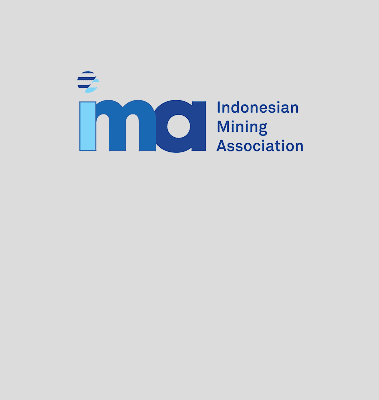Mining and metals advocacy group the ICMM has launched its ‘Global Mining Dataset’, to address the lack of reliable, standardised data for the mining and metals sector.
The ICMM says the new dataset is the most comprehensive publicly available compilation of mining and metals facilities globally, including 15 188 mines and processing facilities covering 47 different primary commodities.
The advocacy group says it is embarking on a multiyear initiative to significantly improve and transform the quality and accessibility of sector information by building robust, transparent data that can inform policy and advance wider discussions about mining and metals’ evolving role in sustainable development.
“As demand for minerals and metals grows to support the energy transition and sustainable development, there is an urgent need to overcome the longstanding lack of quality data that has hindered the ability of policymakers, investors, civil society and the industry itself to draw fully informed opinions, craft effective regulations and truly understand both the impact and contribution of the sector,” it notes.
The ICMM says the first step in this initiative has been the development of the ‘Global Mining Dataset: Understanding the global distribution of mining and metals facilities’ report, which identifies how many mines, smelters, refineries and processing plants exist worldwide, where they are located and what they produce.
The dataset was developed with support from Accenture, Global Energy Monitor and Skarn Associates, with access to other public and proprietary sources.
ICMM president and CEO Rohitesh Dhawan says the ICMM’s foundational dataset shows that over 75% of national economies have at least some connection to large-scale mining or mineral processing.
He notes that having a global view of the location, type, commodity and footprint of these facilities is essential to inform the right public and policy debates for this critical sector.
With minerals and metals at the heart of the energy transition and geopolitical shifts, robust, global, industry-wide data has never been more critical, he asserts.
“I’m proud to be able to say that the ICMM’s new dataset is currently the most comprehensive publicly available compilation of mining and metals facilities globally.
“We hope this data will continue to expand and improve through partnerships, while we work on key sustainability indicators based on this for release in the coming months.”
Additionally, International Resource Panel – a global science-policy platform established by the United Nations Environment Programme – co-chairperson Janez Potočnik describes reliable, transparent and consolidated data on the mining and metals industry as a foundational prerequisite for evidence-based policymaking, effective governance and global progress towards sustainability targets.
“Only with robust data can we fully understand the sector’s environmental, social and economic impacts, monitor progress and ensure accountability throughout global supply chains.
“The work of the ICMM is an important contribution towards this vision,” says Potočnik.
“Existing global data about the mining and metals sector is either incomplete, inconsistent, commodity- or region-specific, or locked behind paywalls, so transforming the information landscape that surrounds the sector is critical,” adds ICMM data and research director Dr Emma Gagen.
She argues that even such basic statistics as the number of mines, refineries and smelters globally have been difficult to determine in the past.
“Moving beyond fragmented reports to establish a credible source of information that captures mining and metals’ multifaceted contributions and impacts is not a task we can – or want to – undertake alone.
“We invite regional and global partners from academia, consultancies, governments or commodity and national associations, to join us as we seek to close gaps in our current data to improve its accuracy, confidence and coverage, as well as build out future datasets.”
The ICMM says the dataset likely underestimates the total number of large-scale mining and minerals processing facilities in the world based on its methodology. Edited by Chanel de Bruyn


